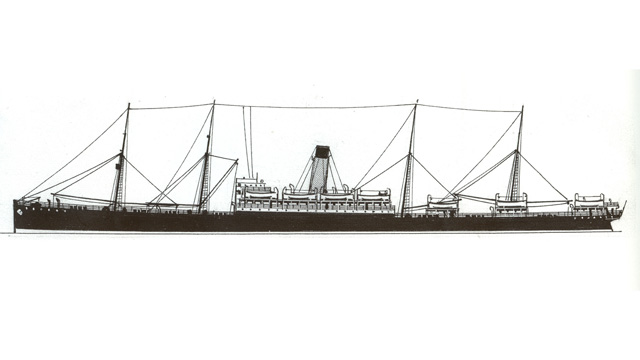

VIEW STOP 18 SCRIPT
Hi, my name is Alex Romanowski. I worked on the Hallock farm briefly in 1900, when I was fresh off the boat from Poland. Didn’t speak a word of English, but somehow the Hallocks managed to communicate with me.
Where I came from in Poland, we grew lots of potatoes too – so it was a familiar crop. I knew potatoes needed lots of fertilizer. The best fertilizer was manure from the farm animals. We called it black gold. Didn’t have to buy it from a factory or use any fossil fuel to produce it. Not like today.
Back in the old country, we had to cart the manure with wheelbarrows and hand carts. Then we had to use pitchforks to spread it around the fields. The Hallocks had this modern machine called a manure spreader. It sure made putting it in the fields easier. Look at how this machine just tossed that stuff around. But we still had to muck out the stables and shovel all that manure into the spreader. Back-breaking, nasty, smelly work. Naturally that was my job on the farm.
It was really interesting to watch the Hallocks. In many ways they were just like my parents in the old country. They never wasted anything — always reused, recycled, repaired. The only thing I can think of they didn’t do is that when cutting seed potatoes, sometimes there would be a section of the potato with no eye. It would never grow, so we cut that out and saved it to eat. The Hallocks didn’t bother.
Now go to the corn crib. It’s that little slatted building next to the barn.
